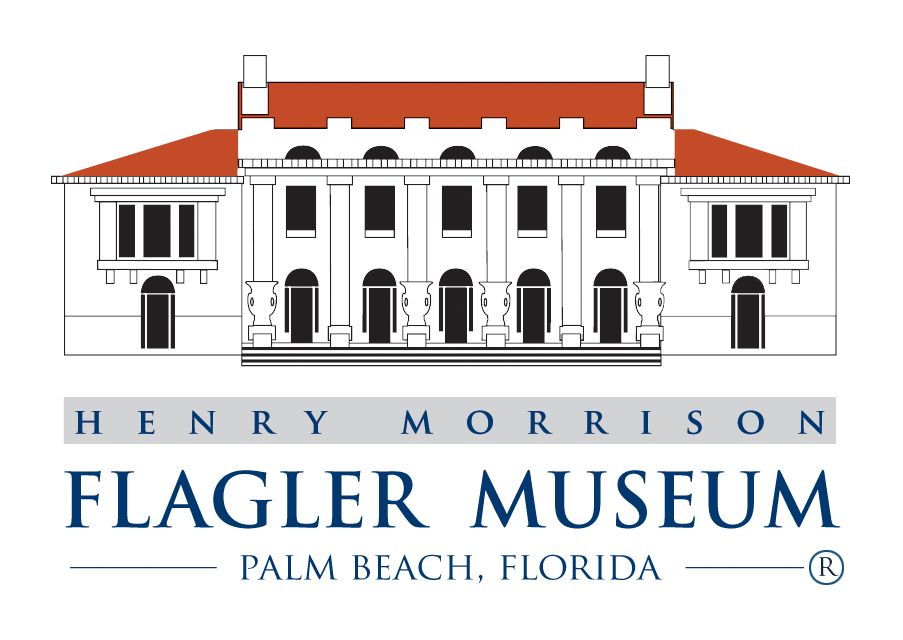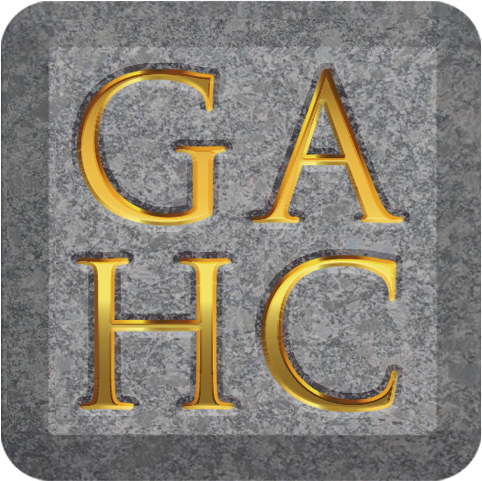Between January and March 2008, the following musicians performed at the Flagler Museum.
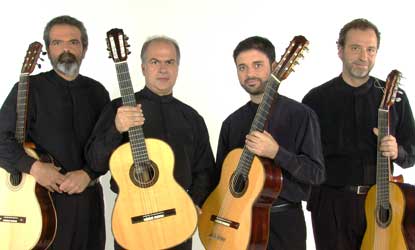 Brazilian Guitar Quartet
Brazilian Guitar Quartet
January 15, 2008
7:30pm
Praised by the Washington Post for their "seductive beauty" and "virtuosic gusto," the Brazilian Guitar Quartet has established itself as one of world's leading guitar ensembles. The group's unique combination, of regular six-string and extended-range, eight-string guitars, allows for the exploration of an original and unusual repertoire. In their almost ten years of activity, the BGQ has performed more than 250 concerts in the Americas, Europe and Asia, often receiving ecstatic audience responses, garnering rave reviews, and meeting sold-out halls.
"A world-class degree of precision, near-perfect balance and sensitive musicality ... their performance of [Bach's] Suite No. 3 on Sunday was swift-paced, quietly rollicking and irresistibly driving."
~ Los Angeles Times
"It was an exceptional opener for the Flagler Museum Music Series. It boasted a program of near-symphonic scope".
~ Sharon McDaniel, The Palm Beach Post, January 19, 2008.
"The quartet transcribed the entire suite of Albéniz's 'Iberia,' the greatest music to come from Spain; and the four excerpts they played revealed stunning results."
~ Ken Keaton, Palm Beach Daily News, January 17, 2008.
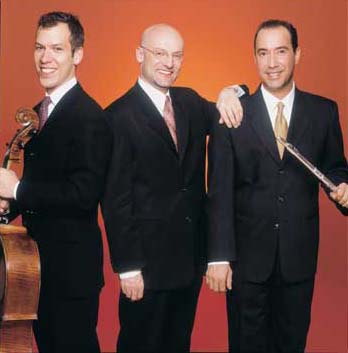 Trio Fedele
Trio Fedele
January 30, 2008
7:30pm
For a decade the unusual instrumental combination of the Trio Fedele has offered fresh and varied repertoire to fascinated listeners in concert halls, and a variety of settings across the country. Their repertoire ranges from classical masters to some of the most important music of our time. With the recent commissions and subsequent world premieres of trios by Lowell Liebermann and Charles Hoag, the group shows its commitment to expanding the chamber music catalog. Friends and colleagues of long standing, David Fedele(flute), Matthew Herren(Cello), and Robert Koenig (Piano) each have an impressive chamber music background, and have developed programs that provide intriguing new musical insights to listeners of all ages.
"The performance was flawless, the effect stunning...and totally musical."
~The Burlington Free Press
"As the second half of the concert began, Trio Fedele's cellist, Matthew Herren, commented that it was a delight 'to play chamber music in a chamber.' This is part of the pleasure of the Flagler Museum's Music Series: Chamber music is performed in a large yet intimate room, just as it was when the term was first coined."
~ Ken Keaton, Palm Beach Daily News, February 1, 2008.
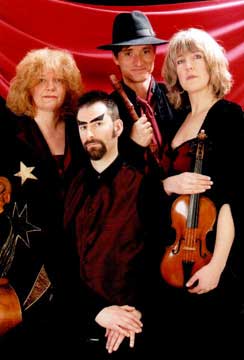 Red Priest
Red Priest
February 11, 2008
7:30pm
Red Priest is one of the major success stories on the international Early Music scene today. Named after the flame-haired priest, Antonio Vivaldi, this extraordinary English ensemble has re-defined the art of baroque music performance, combining the fruits of extensive research with swashbuckling virtuosity, creative re-composition, heart-on-sleeve emotion and compelling stagecraft. The group performs largely from memory, allowing an operatic level of freedom and interaction, and its highly imaginative programs are drawn from myriad baroque sources to create a kaleidoscopic range of moods and colors. International music critics have described the Red Priest style as "...deliciously twisted, vividly interpreted and played with dash and precision," The Los Angeles Times, but the group's extravagantly baroque ethos is perhaps best summed up in the words of English musicologist and broadcaster George Pratt: "If nobody goes over the top, how will we know what lies on the other side?"
For people who "appreciate" classical music but have a little secret -- it bores them -- the answer is Red Priest. But something important is going on, and it happens fast... the process is effortless, a barrel of fun and almost invisibly subtle... immaculately forged and cunningly phrased...legitimately baroque and thoroughly musical. An electrified audience shouted and cheered."
~ Washington Post
"It was a night of fun, laughter and surprises. It was also a concert of Bach, Vivaldi and Telemann. And there's no contradiction of terms when the stage is overrun by Red Priest."
~ Sharon McDaniel, The Palm Beach Post, February 13, 2008.
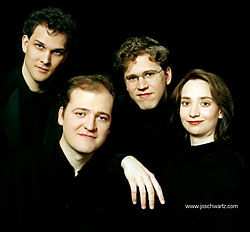 Cuarteto Casals
Cuarteto Casals
February 26, 2008
7:30pm
Since its founding at the Escuela Reina Sofía in Madrid under Professor Antonello Farulli in 1997, Cuarteto Casals has quickly become recognized as one of Europe's most distinguished young string quartets. This Spanish quartet has garnered extensive critical acclaim and has won top prizes at many international competitions, including first prize at the 2000 London International String Quartet Competition and first prize at the Johannes Brahms International String Quartet Competition in Hamburg (2002). In September 2000, the ensemble was honored with the Catalonian Music Critics Prize, and in November 2006 the quartet received the National Music Award, the highest distinction in Spain for musicians. The ensemble was widely praised for its debut recording of the three quartets of J.C. Arriaga, performing on the royal family's matched set of Stradivarius instruments. Plans for future recordings include the quartet of Maurice Ravel, works by 20th Century Spanish composers Joaquín Turina and Eduard Toldrà as well as lesser known quartets and quintets from Luigi Boccherini.
"Here is a quartet for the new millennium if ever I heard one."
- The Strad magazine
"Magnificent is the word that best describes my reaction to Cuarteto Casals. The young Spanish string quartet gave an outstanding concert Tuesday evening at the Flagler Museum"
~ Joseph Youngblood, Palm Beach Daily News, Thursday, February 28, 2008
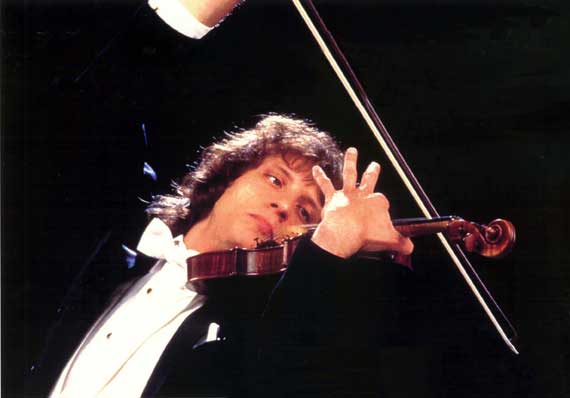 Alexander Markov
Alexander Markov
March 6, 2008
7:30pm
Internationally celebrated violinist Alexander Markov has been hailed as one of the most captivating musicians in the world today. Lord Yehudi Menuhin has written, " He is without doubt one of the most brilliant and musical of violinists: Alexander Markov will certainly leave his mark on the music-lovers of the world and in the annals of the violin virtuosi of our day."
The Gold Medal winner at the Paganini International Violin Competition, Mr. Markov has appeared with some of the world's greatest orchestras including the Philadelphia Orchestra, l'Orchestre de Paris, the Montreal Symphony, the BBC and Detroit Symphonies as well as the Budapest Festival Orchestra.
Alexander Markov has established a reputation second-to-none in the Nineteenth-Century virtuoso repertoire. His recording of Paganini's 24 Caprices for solo violin caused a sensation, and he remains one of the very few violinists who program the entire set in a single recital.
"The most exciting violin recital this listener has heard in quite some time. Mr. Markov scoops and slides with an emotional intensity that has all but vanished from contemporary violin playing. "
~ The New York Times
" Violinist Alexander Markov could not have found a better ambience than the castle-like auditorium at Whitehall for his solo appearance Thursday on Palm Beach... Tackling technically difficult works, solo violinist Alexander Markov used his musicianship to deliver a superior performance... Bach's Chaconne, some of the finest 15 minutes of music heard so far this season "
~ Márcio Bezzera, Palm Beach Daily News, Saturday, March 8, 2008

